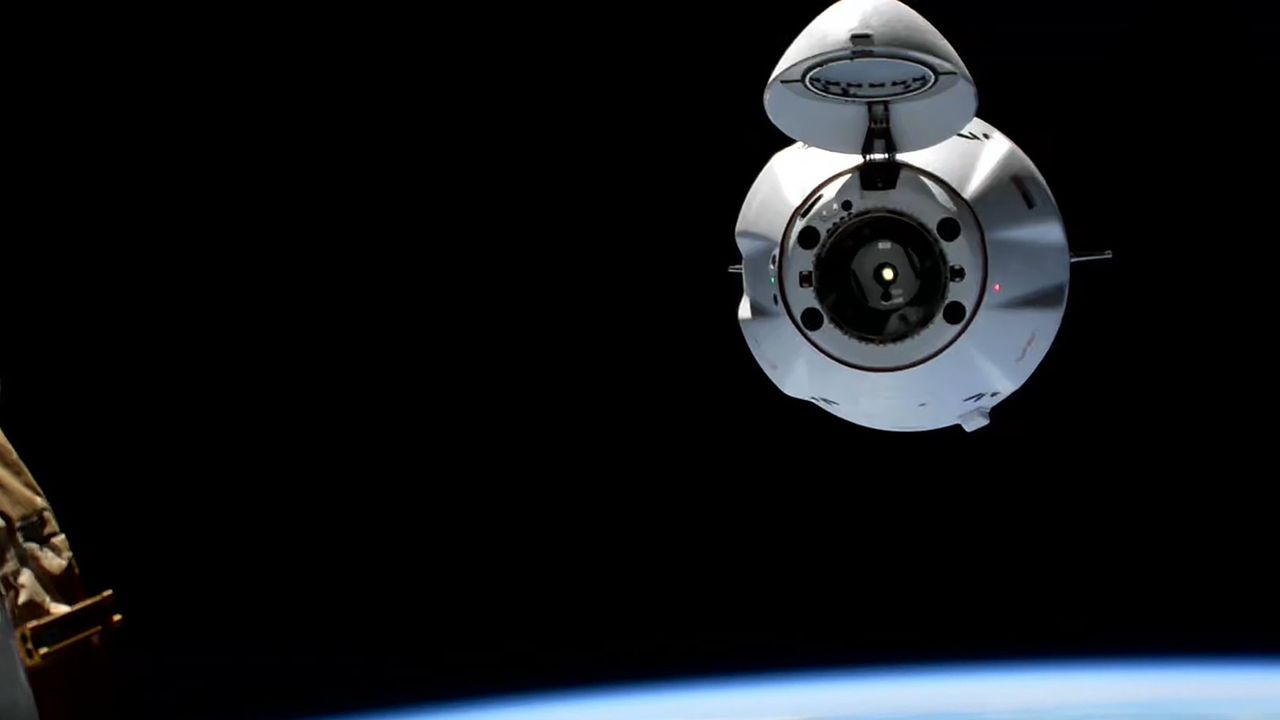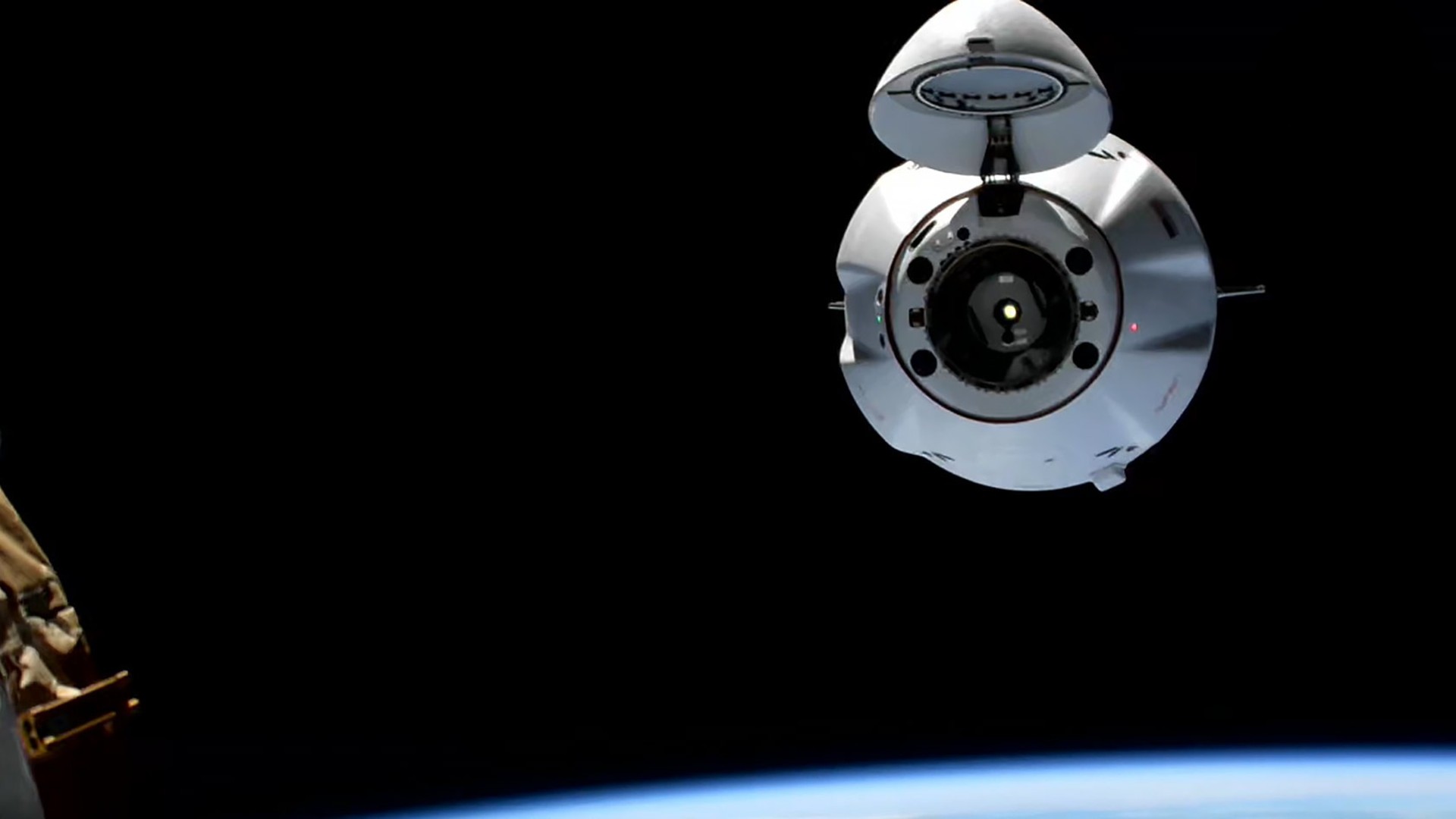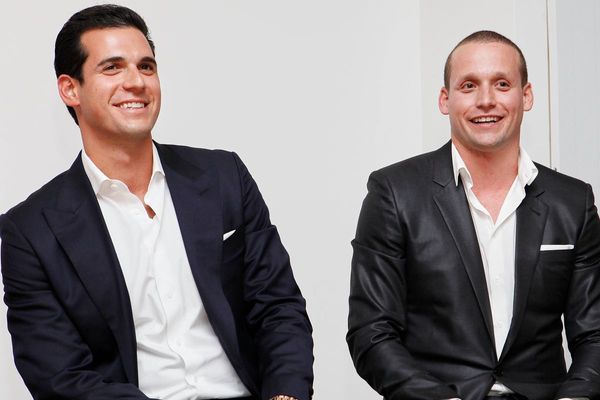
A SpaceX cargo ship arrived at the International Space Station (ISS) on Monday morning (Aug. 25).
The capsule successfully docked at the forward port of the International Space Station's Harmony module carrying about 5,000 pounds (2,270 kilograms) of food, supplies and scientific experiments to the astronauts on board the orbiting lab.
The robotic Dragon capsule met up with the station on Monday around 7:05 a.m. EDT (1105 GMT), ending a roughly 29-hour orbital chase. The docking was 25 minutes earlier than had been scheduled.

This Dragon flew SpaceX's 33rd mission for NASA's Commercial Resupply Services program. The flight, known as CRS-33, began with a launch atop a Falcon 9 rocket early Sunday morning (Aug. 24).
"Commercial resupply missions to the International Space Station deliver science that helps prove technologies for Artemis lunar missions and beyond," acting NASA Administrator Sean Duffy said in a postlaunch statement.
"This flight will test 3D printing metal parts and bioprinting tissue in microgravity — technology that could give astronauts tools and medical support on future moon and Mars missions," he added.
The CRS-33 Dragon's work won't be done after docking. The capsule will also help maintain the ISS' altitude via a series of engine burns — a necessary step to counter the effects of frictional drag that has been performed primarily by Russian Progress cargo vehicles over the years.
Russia is considering leaving the ISS consortium in 2028, two years earlier than the station's planned end of life. If that happens, the remaining partners will need to rely on other station-boosting means, such as burns by Dragon and Cygnus, the robotic cargo ship built by Virginia-based company Northrop Grumman. Both vehicles have already shown their ability to do this job.
The CRS-33 mission will end in December, when the Dragon — carrying samples and other scientific gear — returns to Earth with a splashdown off the coast of California.







